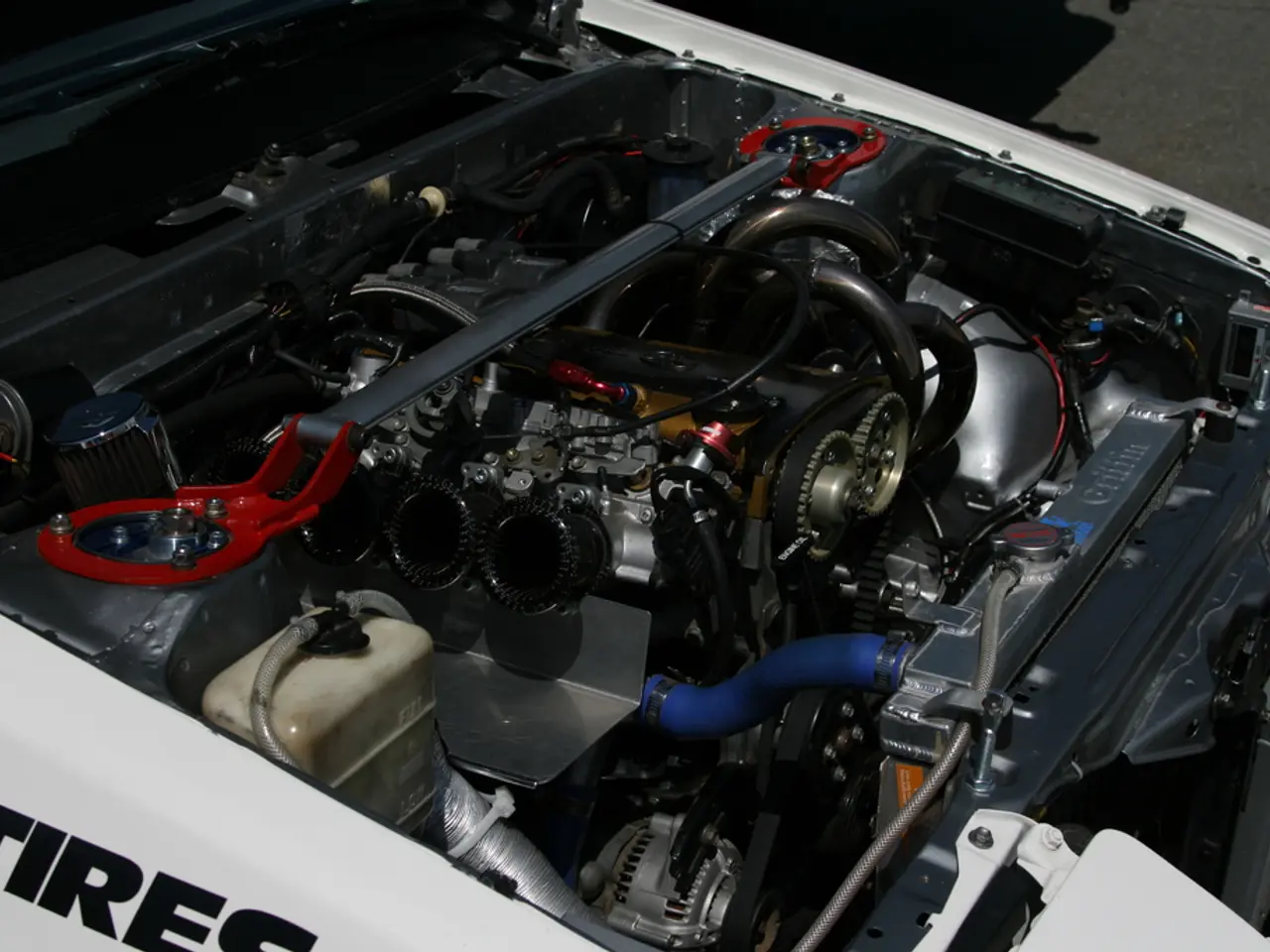European Pursuit of Batteries: Achievements and Apprehensions
In a bid to strengthen its position in the global electric vehicle market, Europe is taking decisive steps to boost its electric vehicle production and the extraction of battery-active materials like cobalt and nickel. Poland, Sweden, and Finland are at the forefront of this endeavour, with countries like Hungary, Germany, and Sweden also playing significant roles.
The European Union has recognised the need for a robust industrial strategy and targeted policies to ensure competitiveness. The European Battery Alliance, an initiative aimed at strengthening the supply chain, increasing investment in sustainable mining and refining, promoting recycling technologies, and supporting research and innovation, is a key part of this strategy.
The ambition is clear: Europe aims to achieve self-sufficiency in battery cells, meeting 100% of its Li-ion battery cell demand by 2027. This self-sufficiency extends to the production of cathode active materials, such as cobalt and nickel, with European projects taking the lead in this crucial aspect of the battery value chain.
The push towards electric vehicle production is driven by a combination of regulatory push and climate-conscious policies. The European Union has committed to phasing out diesel and petrol vehicles in favour of battery electric (BEV) and fuel cell vehicles, with up to 60% of all new cars sold in 2030 expected to be BEVs, rising to a 100% share by 2035.
To support this transition, the EU has agreed to a -55% CO2 target for carmakers by 2030. The report also underscores the importance of implementing an EU Fleets mandate for corporate BEV registration by 2026/7 to create a more favorable business environment for the battery value chain.
However, Europe's position in the global electric vehicle market is under pressure. The US Inflation Reduction Act (IRA) has led to increased investment in North America's electric vehicle and battery industry. Similarly, China's longstanding support for its electric vehicle industry is also affecting Europe's competitive edge.
To address these challenges, the report suggests a stronger focus on the electric vehicle value chain and the implementation of a comprehensive industrial policy akin to the US IRA. T&E recommends accelerating pre-2030 ambitions and implementing an EU Fleets mandate for corporate BEV registration by 2026/7 to create a more favorable business environment for the electric vehicle value chain.
In conclusion, Europe is poised to play a significant role in the global clean technology revolution, but it must leverage its strengths and address its weaknesses to ensure a prominent role. The future of Europe's electric vehicle industry is promising, with the continent projected to produce over half of the world's battery electric cars by 2030.
Read also:
- Show a modicum of decency, truly
- Latest updates for July 31: Introduction of Ather 450S with expanded battery, unveiling of new Tesla dealership, and additional news
- VinFast's debut EV plant in India, Tata Harrier EV distribution starts, next-gen Mahindra Bolero sightings caught on camera
- Tesla-powered residences in Houston create a buyers' frenzy




